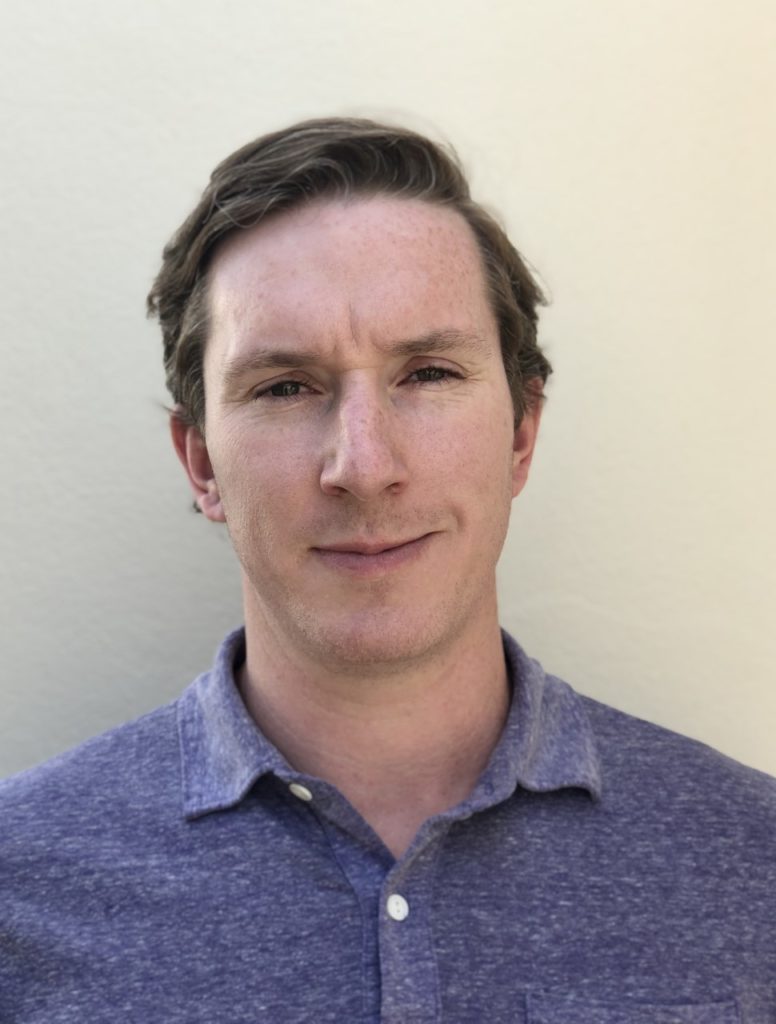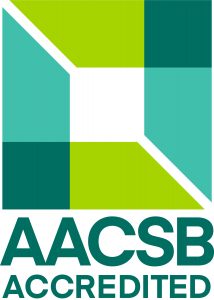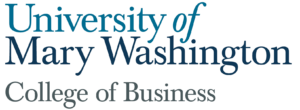
1. What was your major/minor and when did you graduate?
Business, 2005
2. What is your current position (title, company, location)? Can you describe a typical day?
-
- Director of Corporate Development, Roku, NYC
- My job revolves around finding inorganic avenues to drive the strategic vision of the business. This could be an M&A transaction or a strategic partnership. While no two days are the same, much of my day is spent working on the following:
- Competitive positioning:
- Where are we vulnerable to our competitors and how can we correct those issues?
- How can we make our product better?
- What other products should we be offering to our customers?
- M&A opportunities:
- Communicating with key partners (bankers, lawyers, advisers, etc) to see if we are being pitched assets of interest
- Are there companies that have great solutions which would make sense for us to own?
- Critical partners:
- How do we forecast this relationship over the next year?
- What do they want from us, what do we want from them?
- Should we add or subtract from this list?
- How do we forecast this relationship over the next year?
3. How did your major prepare you for your current job?
While majoring in business, my focus was accounting, and I think this helped me understand the basic underpinning of how companies disseminate information. Business disclosures are not straight forward; my knowledge of accounting helped me to understand where to look.
4. How did you become interested in your field?
-
- Accounting: I had a very good accounting professor my freshman year who piqued my interest in the subject, which lead to a job at Ernst & Young.
- M&A: I attended business school at Georgetown from 2011-2013. As I went into my MBA, I knew that I wanted to get back into client service, while at the same time advising on strategy and transformational projects. That thinking led me to pursue investment banking, which has since led to the role I am in now.
5. What’s the best career advice you ever received?
When you interview, be on the lookout for bad culture. A good culture is worth a material amount of money in lost wages.
6. Was there a professor, advisor, or fellow student who made an impression on you or helped you when you were at UMW?
- Professors: I had several good professors who influenced me positively and some bad who taught me what to avoid
- Fellow students: I am still close with many people who I met while at UMW; all have had great impact on my life
- Advisor/ other: Coach Kinney, former swim coach
7. What’s your fondest memory of UMW?
This is hard to distill into one memory. There are so many that I look back on fondly. In general, it would involve time spent with friends.
8. Are there any special accomplishments you’ve achieved after college that you’d like to share?
Thus far I have had a good career path and fulfilled many personal goals. I still think I have much more to accomplish, so anything listed would be premature.
9. How would your family or friends describe you in seven words or less?
Hopefully as: smart, energetic, extroverted, social, athletic, adventurous, risk-taker
10. In one sentence, what advice would you give current business students?
Do not worry about figuring it out. I am 38 and I have very little figured out; my parents are in their 60’s and they haven’t figured it out. College is about 3 things: developing social bonds, learning, & positioning yourself to achieve near-term career objectives (in this order).

